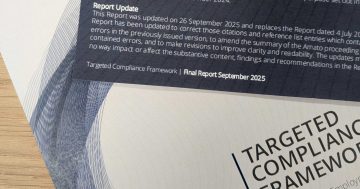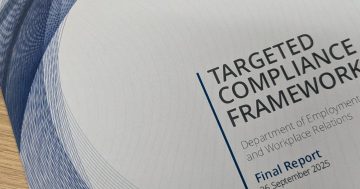Advice from Holly Johnson
 There are several obvious reasons to give a hoot about your credit score, and very few reasons you should ignore it.
There are several obvious reasons to give a hoot about your credit score, and very few reasons you should ignore it.
After all, you’ll need a good credit score and a solid credit history if you ever plan to purchase a home or take out an auto loan.
A bad credit score can even come back to bite you if you want to rent an apartment or apply for certain jobs.
But your score isn’t the only detail you need to pay attention to.
You also need to keep an eye on your credit report — the document that lists your formal credit history including any accounts you have open, balances due, and payments you’ve made.
Your report and your score are intricately intertwined. If bad information gets on your credit report due to fraud or misreporting, this can easily cause your credit score to nosedive.
Likewise, a clear credit report with nothing but true (and positive) information can help your credit score reach greater heights.
That’s why, every single year, you should get a free copy of your credit report from all three credit reporting agencies — Experian, Equifax, and TransUnion.
How to dispute information on your credit report
Once you have a copy of your credit report from all three bureaus, you’ll want to look over all the details to make sure they’re correct. Incorrect information you might notice on your report may include:
* Errors regarding your name or personal information
* Accounts that aren’t even yours
* Accounts belonging to someone with a name that is similar to yours
* Closed accounts that are reported as open
* Incorrectly reported late payments
* Accounts listed more than once
* Incorrect balances on accounts
* Incorrect credit limits on accounts
Thanks to the Fair Credit Reporting Act (FCRA), both the credit bureau and whoever is providing them with information are responsible for correcting misinformation on your credit report.
This means that, if a specific retailer or bank is reporting an account that isn’t yours or an incorrect balance, both the credit bureau and the retailer or bank have to work together to make things right.
If you find an error, here are the steps you should take right away:
* Inform the credit bureau with the incorrect information of the mistake
* The first step you should take is informing the credit reporting agency of their error, keeping in mind that it’s possible not all the credit bureaus will have the same information.
You should let them know about the mistake in writing, taking special care to list important details about the mistake with proper documentation.
The Federal Trade Commission (FTC) even offers a sample letter you can use if you need help.
Note that credit bureaus usually have 30 days to investigate your claim and they are required to get back to you with a response. They are also required to forward the information you sent them to the provider who shared the information with them in the first place.
Inform whoever provided the information of the mistake
You’ll also want to provide the company reporting the incorrect information with copies of any documentation that prove an error has occurred.
Make sure to include all details required to prove your claim along with copies of documentation that backs you up.
The FTC offers another sample dispute letter you can use for this instance.
* Holly Johnson is a credit card expert, award-winning writer, and mother of two who is obsessed with frugality, budgeting, and travel.











